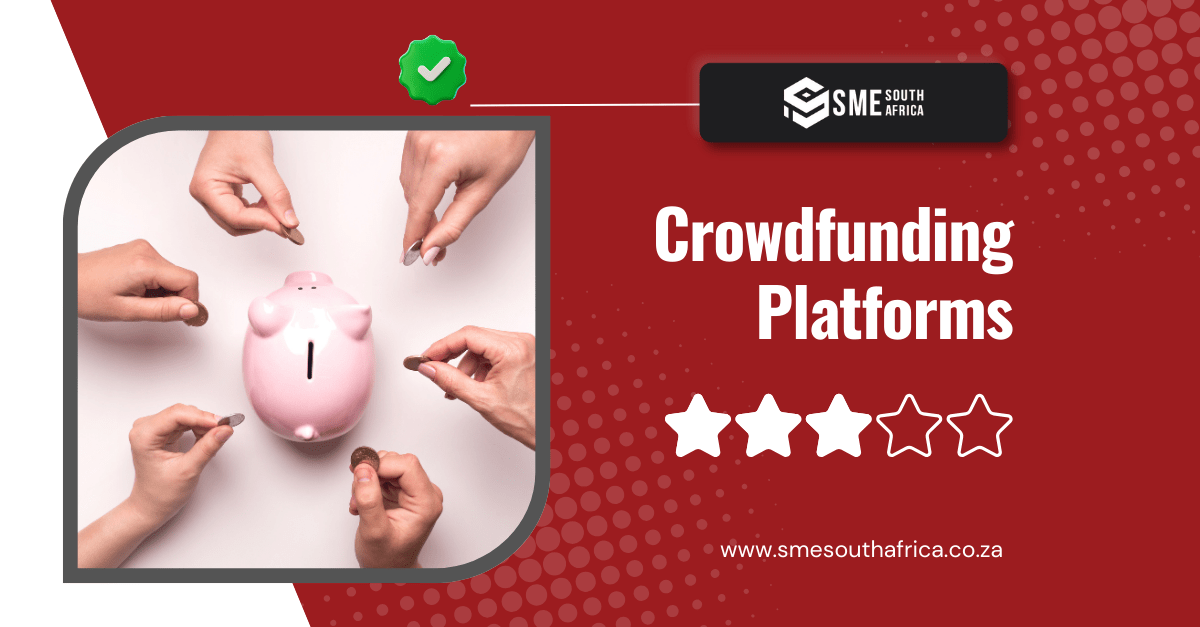
The creative industry is under-resourced, with many creatives struggling to grow, either as independent contractors or as small businesses.
There are two realities that exist. One of the unfortunate realities is that the arts are perceived by many as a passion or a hobby, and not a career. On the other hand, there are artists and creatives changing the narrative and building careers in the arts.
However, while there are existing creatives who merge entrepreneurship with artistry, they need support. That’s where BASA comes in.
Business and Arts South Africa
BASA stands for Business and Arts South Africa. The organisation was formed in 1997 as a means to get businesses in South Africa to provide more support and involvement in the arts. Additionally, BASA was established as a joint effort between the private sector and the government.
BASA conducts various initiatives, including advocacy, research, and capacity-building programs for both businesses and arts organisations. Their efforts aim to highlight the mutual benefits of such partnerships, demonstrating how artistic efforts can thrive with business backing.
For businesses collaborating with artists, the benefit is gained through enhanced brand reputation, community engagement, and innovative solutions.
BASA Supporting Grants Programme
Funding grants serve as one of the key players that help entrepreneurs move forward in their businesses. The Supporting Grants Programme is one of BASA’s flagship initiatives made possible through the support of the Department of Arts and Culture. Its purpose is to encourage collaboration between the arts and business. The programme provides partial financial support to creative projects. These projects must show potential to deliver value for both sectors. This grant can not exceed R100 000 as they are meant to help you display the practicality and potential of your idea.
The grants act as a contribution rather than full funding. This motivates businesses to add or increase their own investment. It results in a more balanced partnership. The programme helps artists and creative organisations gain access to resources that are often out of reach.
It also allows businesses to engage with the arts in meaningful ways. This strengthens their connection to communities and enhances brand value. Supported projects often gain visibility, build wider audiences, and show how business involvement can help creative work grow.
The Supporting Grants Programme also highlights the long-term value of cooperation between business and the arts. It promotes sustainability, innovation, and shared growth. For artists, it creates opportunities to expand and professionalise their work. For businesses, it creates opportunities to support culture and gain fresh ideas. In this way, BASA’s grants act as a bridge between creativity and commerce.
What You Will Take Away From the Programme
Successful applicants have a lot to gain from this programme. To recap. Here are three key takeaways:.
- A complete pilot model of the project.
- A business plan to help guide you going forward.
- Opportunities for further acceleration.
For more information on the Supporting Grants Programme or other programmes, visit the BASA website at basa.co.za.
IDC Partnership
BASA partnered with the Industrial Development Corporation to provide a space for artists who show massive growth potential to present their talents. The aim is to help these artists gain access to wider markets. This collaboration aligns with BASA’s aim to provide support and create opportunities for entrepreneurs in creative industries.
One of the projects that is a result of this collaboration is the Exhibition Showing at the IDC Gallery by SLIF and BASA. The project is called Different Pathways and serves as a celebration of individuality through art. The project showcases the different journeys of the South African artists of the Siyavuka Lateral Improvement Foundation.
A Need for More Support in The Creative Industry
BASA doesn’t only support creatives through monetary support, but they also offer support through skills development programmes. However, it goes without saying that there’s a need for more platforms like BASA as creatives and entrepreneurs continue to scrape by for opportunities.
The arts sector holds massive potential for innovation, job creation, and cultural identity. Yet, without stronger partnerships, many ideas remain underdeveloped, and many dreams are left to the sidelines. The implementation of similar initiatives across other organisations could ensure that more voices are heard. This is vital for building a creative economy that empowers artists, sustains businesses, and inspires communities.











